20 things we learned about democracy in October 2014
What happened in October 2014 that democrats will find interesting? Lots, it turns out, including revelations about the position of names on ballot papers, drones, and of course UKIP. Sean Kippin rounds up 20 interesting pieces of information that made themselves known this month.
1) Aaron Adam Aardvark MP
Ambitious would be politicians should change their name to Aaron Adam Aardvark to increase their chances of being elected, as candidates near the top of alphabetised ballot papers stand a better chance of being elected, at least according to research by Galina Borisyuk of Plymouth University, in a new book ‘Sex, Lies and the Ballot Box’. Find out more here.
2) Get your drone back
The Chairman of a Committee looking at the use of drones thinks that drones are spying on her and taking pictures of her roses. Find out more here.
3) Scrum
Only four charities have registered with the electoral commission for the Lobbying Act (also known as the Transparency of Lobbying, Non-Party Campaigning and Trade Union Administration Act 2014) , according to the NPC blog. Find out more here.
4) Registration nation
Only 51% of 16 and 17 year olds, and 76% of 18 and 19 year olds are on the electoral register, according to Edinburgh University’s Charlotte Snelling. Find out more here.
5) Loud minority
Unsurprisingly given his apparent ubiquity on the BBC, Nigel Farage and UKIP appear on Question Time rather than more than their competitor parties of a similar size. Find out more here.
6) Remote working
Labour’s six-figure hire from the United States, David Axelrod, has visited the UK just once his being hired to help coordinate Labour’s 2015 General Election campaign, according to the Telegraph’s Stephen Bush. Find out more here.
7) A disproportionate response
Countries with very disproportionate elctoral systems are more likely to see their legislative chamber become the scene of a fight. Find out more here.
8) Magna Encarta
The UK could be about to get its first written constitution… For the internet. Find out more here.
9) Joggupy Movement
Jogging is a dangerous and subversive political activity that has the authorities deeply worried (in Burundi). Find out more here.
10) The Road to Clacton Pier (and away from Brussels)
Clacton is the most Europosceptic constituency in the country, according to research by Nick Vivyan and Chris Hanretty. Find out more here.
11) Hi-Vis safety net
Voters in countries with high-visibility welfare states are more ideologically consistent in voting, according to Oxford University’s Jane Gingrich. Find out more here.
12) The tyranny of the majority
The link between democracy and human rights may not be as strong as we’d once thought, according to Courtenay R. Conrad. Find out more here.
13) Regulators… Mount up
Despite a political consensus which suggests otherwise, Britain does not believe that business can be trusted to regulate itself, according to polling covered by the Times. Find out more here.
14) Self-Assesment
One Conservative MP (Jesse Norman) has taken to publishing reports about his own performance (unsurprisingly, he fared well). Find our more here.
15) Polarising force
Right-wing citizens in right-wing countries dislike the EU, but right-wing citizens in left-wing countries support European integration. Find out more here.
16) State of the Racy
Election posters in the Czech Republic are somewhat racier than their British counterparts. Find out more here.
17) Integrated
Although 20% of the population of England and Wales have an ethnic identity other than white British, only 9% have a non-British national identity, only 9% have a foreign passport, only 8% have a foreign main language and only 2% do not speak English well, according to James Nazroo. Find out more here.
18) Search for the alternative
UKIP are hoovering up the non-Labour vote in by-elections defended by the Labour Party, according to Lewis Baston. Find out more here.
19) Chris Christi-E
The state of New Jersey (Governor: Chris Christie) thought it wise to introduce electronic voting in the aftermatch of Hurricaine Sandy, and it didn’t go precisely to plan. Find out more here.
20) Oblivious
According to Janusz Korwin-Mikke, the leader of a party that UKIP have recently formed a pact with in the European Parliament, Adolf Hitler wasn’t aware of the holocaust. Understandably, the party have been strongly condemned by anti-racist groups both in the UK and in Poland. Find out more here.
—
Note: this post represents the views of the authors and not those of Democratic Audit or the LSE. Please read our comments policy before posting.
—
 Sean Kippin is Managing Editor of Democratic Audit, and is responsible for DA’s website, blog and wider output. He has a BA in Politics from the University of Northumbria and an MSc in Political Theory from the LSE. He has worked for MPs Nick Brown and Alex Cunningham, as well as the Smith Institute think tank. He has been at Democratic Audit since June 2013, and can be found on twitter at @se_kip.
Sean Kippin is Managing Editor of Democratic Audit, and is responsible for DA’s website, blog and wider output. He has a BA in Politics from the University of Northumbria and an MSc in Political Theory from the LSE. He has worked for MPs Nick Brown and Alex Cunningham, as well as the Smith Institute think tank. He has been at Democratic Audit since June 2013, and can be found on twitter at @se_kip.

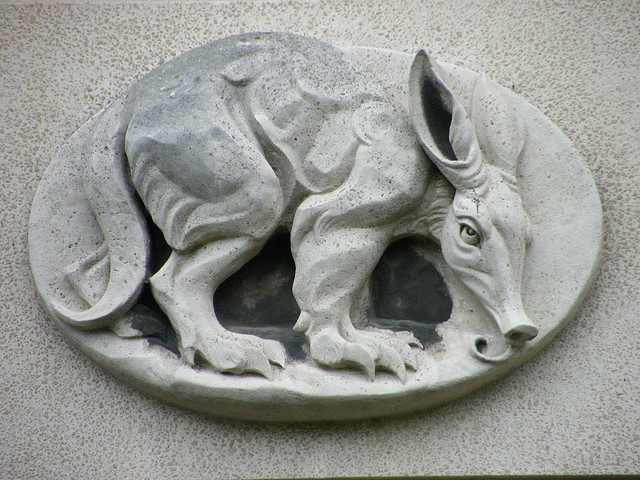
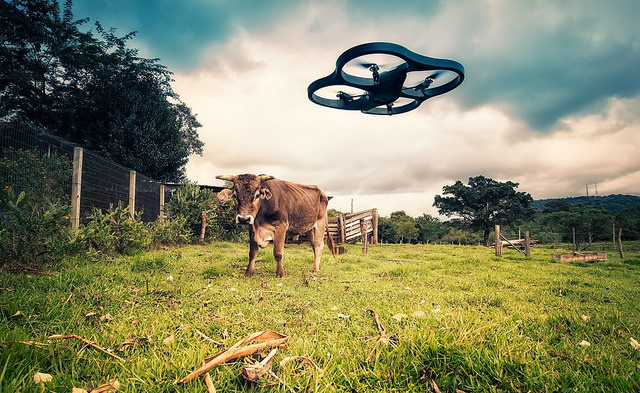

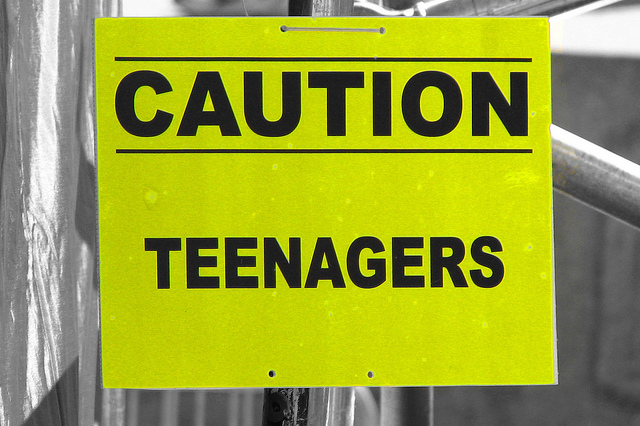
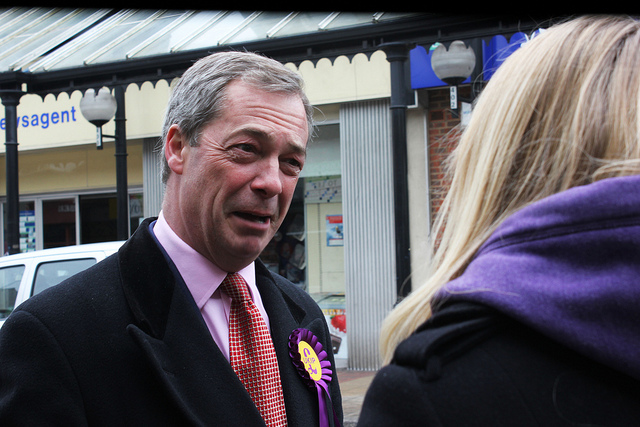
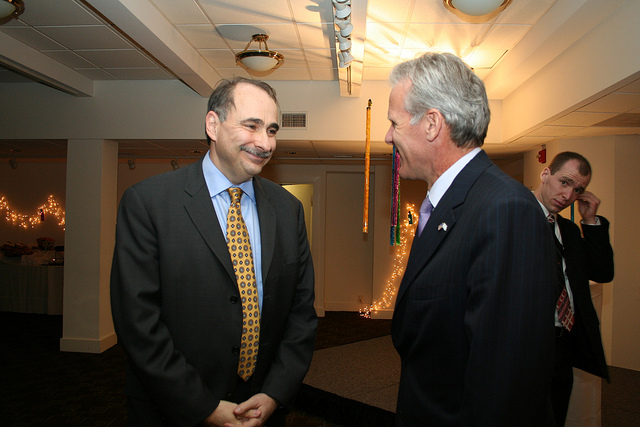
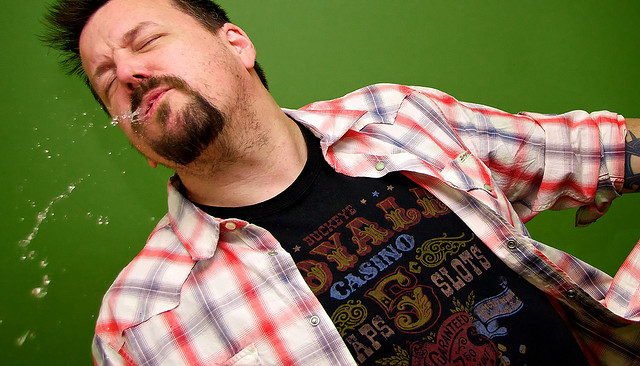


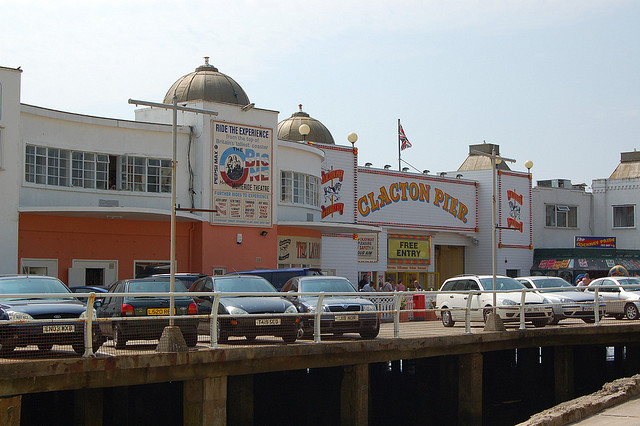

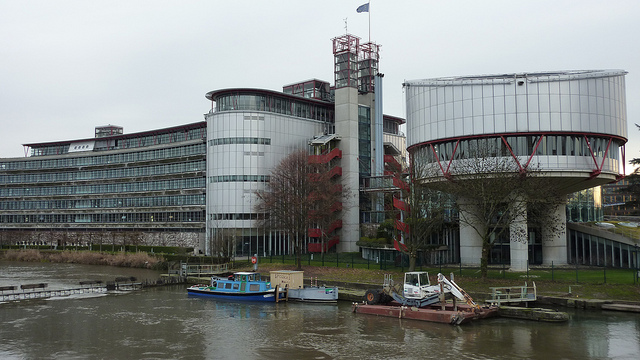

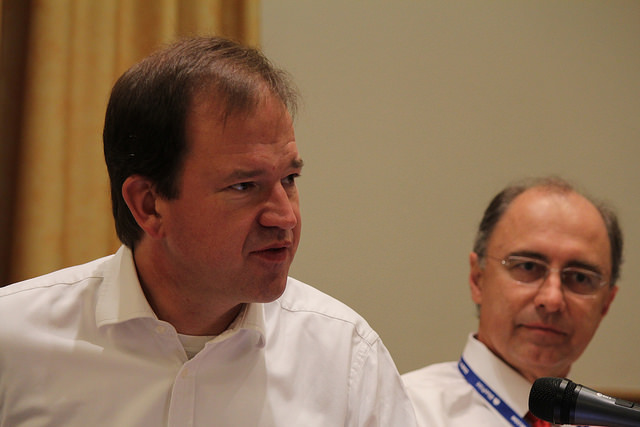
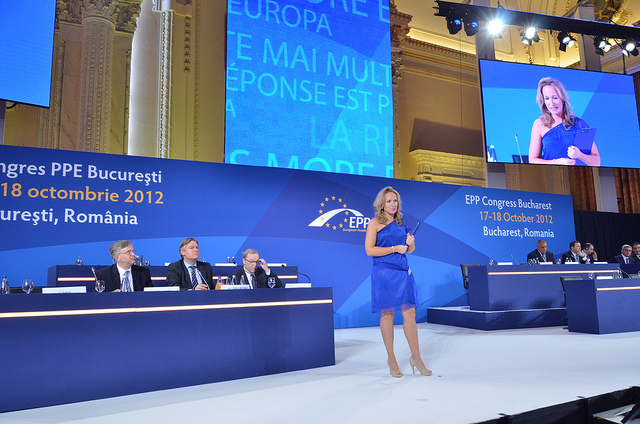
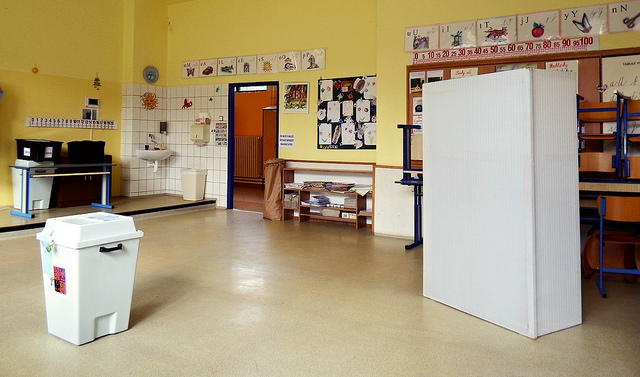

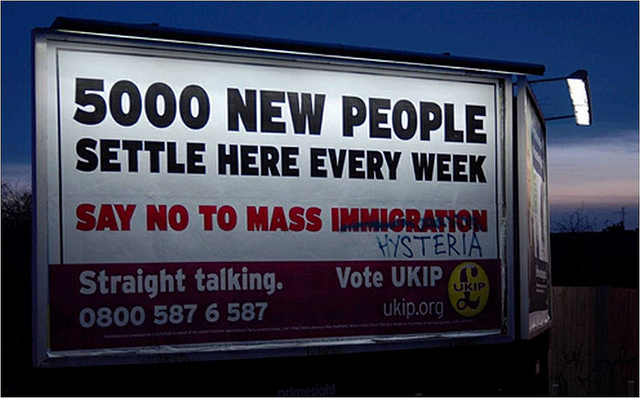
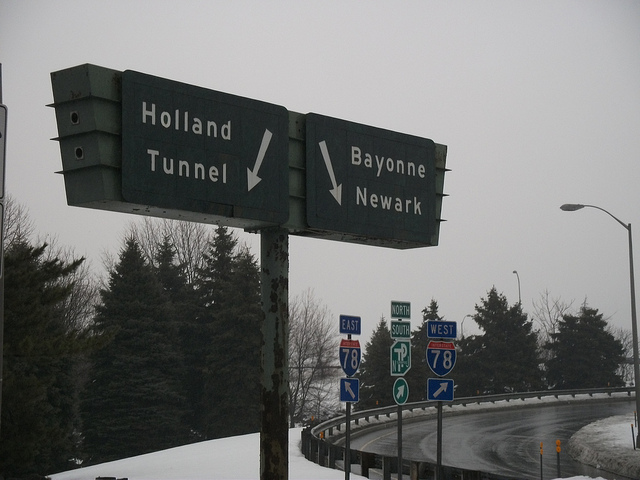
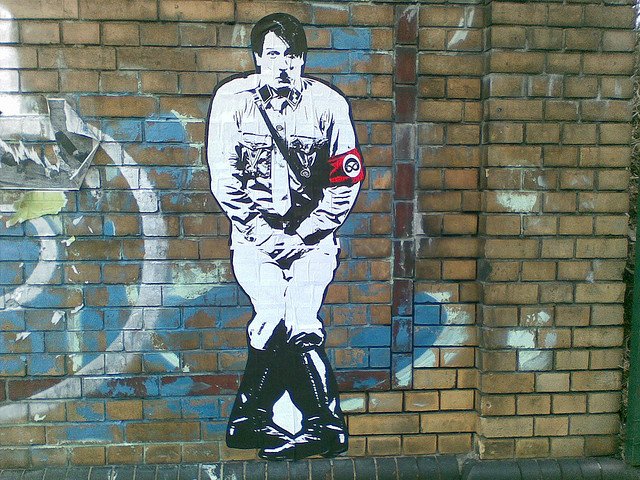




 Democratic Audit's core funding is provided by the Joseph Rowntree Charitable Trust. Additional funding is provided by the London School of Economics.
Democratic Audit's core funding is provided by the Joseph Rowntree Charitable Trust. Additional funding is provided by the London School of Economics.
ICYMI: 20 things we learned about democracy in October: https://t.co/bJQRd29s2h
20 things we learned about democracy in October 2014 via @democraticaudit https://t.co/2gH5izO3hy
20 things we learned about democracy in October 2014 https://t.co/fMT9tArRbO https://t.co/swQz3yUqEj
Twenty things we’ve learned this month, from the Buzzfeed of Democracy, @se_kip : https://t.co/EgPfrpdmUE
Top Twenty things we learned about democracy in October 2014 https://t.co/OnkNbrREL4
20 things we learned about democracy in October 2014 https://t.co/vJJDCTHAV2